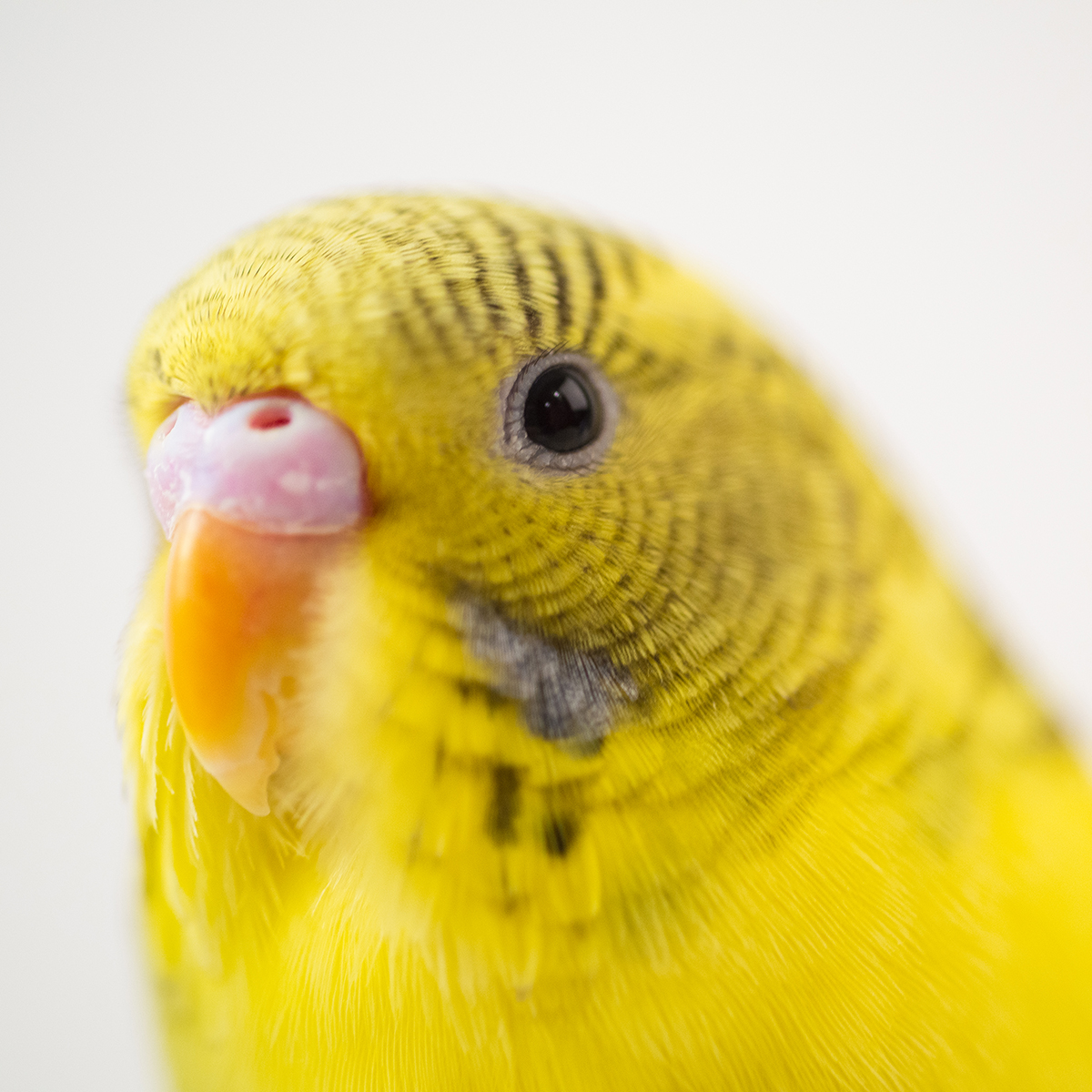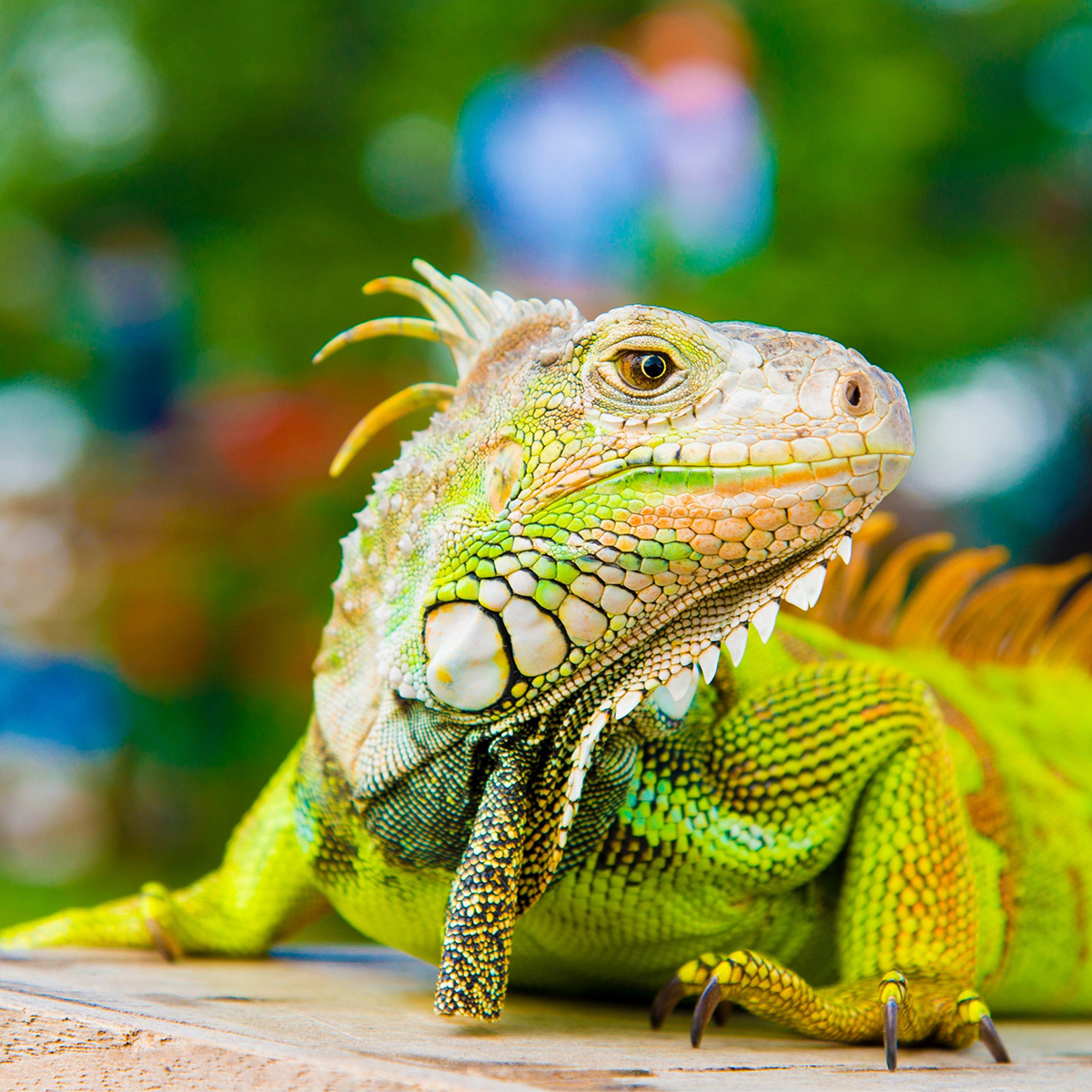March is Pet Poison Prevention Month, a time dedicated to raising awareness about the dangers of toxic substances in our homes and environments. Many everyday items that seem harmless to us can pose serious health risks to our pets. At All Pet Center Animal Hospital & Emergency Care, we want to ensure pet owners understand the common poisons that could put their pets at risk and how to prevent accidental exposure.
Common Household Poisons That Can Harm Pets
Pets are naturally curious and may ingest or come into contact with harmful substances without their owners realizing it. Some of the most common toxins found in homes include:
Human Foods That Are Toxic to Pets
- Chocolate contains theobromine and caffeine, which can cause vomiting, rapid heart rate, seizures, and potentially death.
- Grapes and raisins, even in small amounts, can lead to kidney failure in dogs.
- Xylitol, a sugar substitute found in sugar-free gum, peanut butter, and some baked goods, can cause life-threatening low blood sugar and liver failure in dogs.
- Onions and garlic can damage red blood cells, leading to anemia in both dogs and cats.
- Alcohol and caffeine can cause heart, neurological, and respiratory problems in pets.
Household Products That Can Poison Pets
- Over-the-counter and prescription medications, such as ibuprofen, acetaminophen, and antidepressants, can be extremely dangerous to pets.
- Cleaning products like bleach, disinfectants, and essential oils can cause poisoning if ingested or inhaled.
- Rodenticides and insecticides, designed to kill pests, can also be fatal to pets if consumed.
- Antifreeze, which contains ethylene glycol, is highly toxic and can cause kidney failure even in small amounts.
Toxic Plants to Watch Out For
- Lilies are extremely toxic to cats and can cause kidney failure with even small exposures.
- Sago palms are dangerous to both dogs and cats, with ingestion leading to severe liver damage.
- Tulips and daffodils contain toxins that can cause vomiting, diarrhea, and heart problems.
- Aloe vera, while safe for humans, can cause vomiting and digestive issues in pets.
Signs Your Pet May Have Been Poisoned
Recognizing the symptoms of poisoning early is crucial for your pet’s survival. Some common signs to look for include:
- Vomiting and diarrhea
- Excessive drooling or foaming at the mouth
- Loss of appetite
- Lethargy or weakness
- Tremors, seizures, or loss of coordination
- Difficulty breathing
If you notice any of these symptoms or suspect your pet has ingested something toxic, seek immediate emergency care. All Pet Center Animal Hospital & Emergency Care provides 24/7 emergency services to handle urgent pet poisoning cases. Call us right away for assistance.
How to Prevent Pet Poisoning
Taking proactive steps to prevent exposure to toxic substances can help keep your pet safe. Here are some simple precautions to follow:
- Store medications, chemicals, and cleaning supplies in secure cabinets out of your pet’s reach.
- Keep human foods, especially chocolate, grapes, onions, and anything containing xylitol, away from pets.
- Research houseplants before bringing them into your home to ensure they are pet-friendly.
- Avoid using pest control products or antifreeze in areas where your pet has access.
- Supervise your pet outdoors to prevent ingestion of unknown plants or toxic substances.
- Educate family members and visitors on which foods and items are dangerous for pets.
What to Do in a Pet Poison Emergency
If you suspect your pet has been exposed to a toxic substance, take the following steps immediately:
- Identify what your pet ingested, how much, and when.
- Do not induce vomiting unless specifically instructed to do so by a veterinarian. Some substances can cause more harm when vomited.
- Call All Pet Center Animal Hospital & Emergency Care immediately for 24/7 emergency assistance.
- You can also contact the Pet Poison Helpline at (855) 764-7661 for expert guidance.
24/7 Emergency Care for Pet Poisoning
At All Pet Center Animal Hospital & Emergency Care, we are available 24/7 to handle pet poisoning emergencies. If you suspect your pet has ingested something toxic, do not wait—bring them in immediately for life-saving treatment. Quick action can make a significant difference in your pet’s health and survival.
This March for Pet Poison Prevention Month, take the time to assess your home for potential hazards and share awareness with fellow pet owners. By staying informed and proactive, you can help ensure a safer environment for your beloved pets.
For any concerns or emergencies, call All Pet Center Animal Hospital & Emergency Care at (972) 353-9500. We are here for your pet 24/7.








